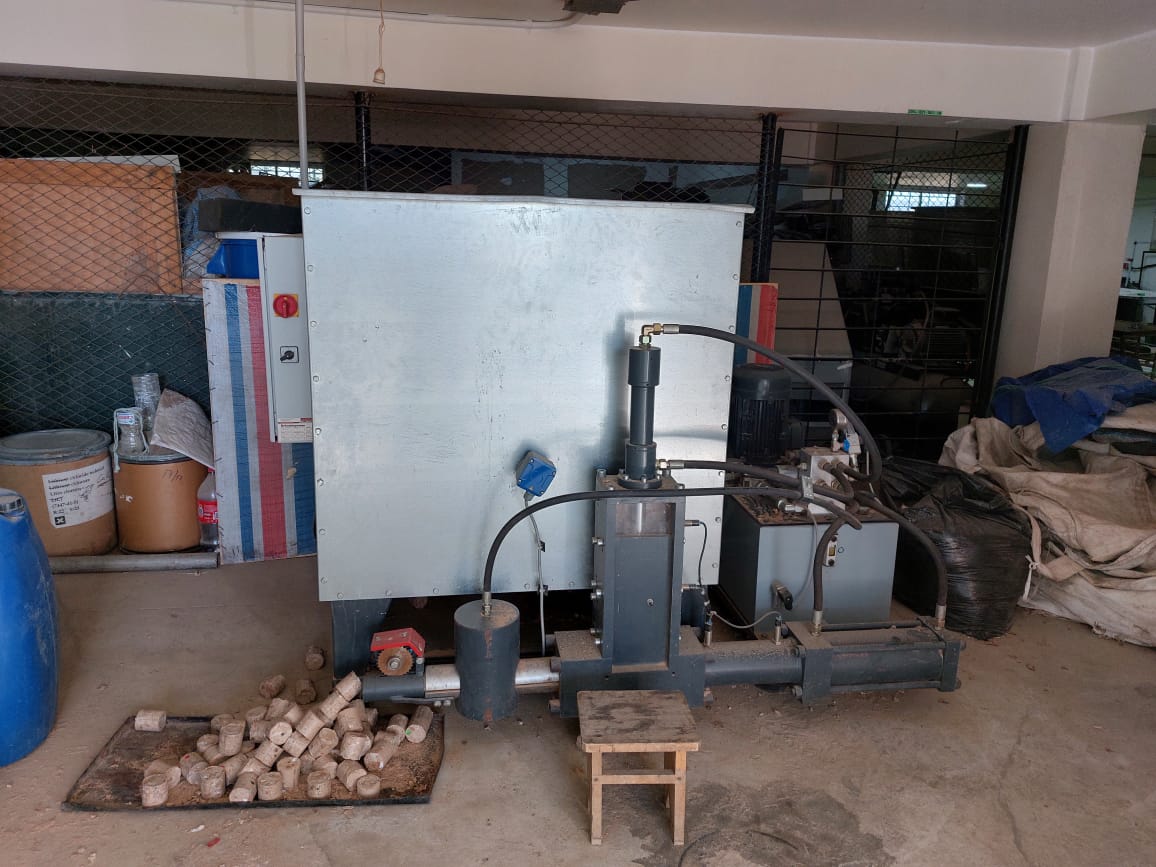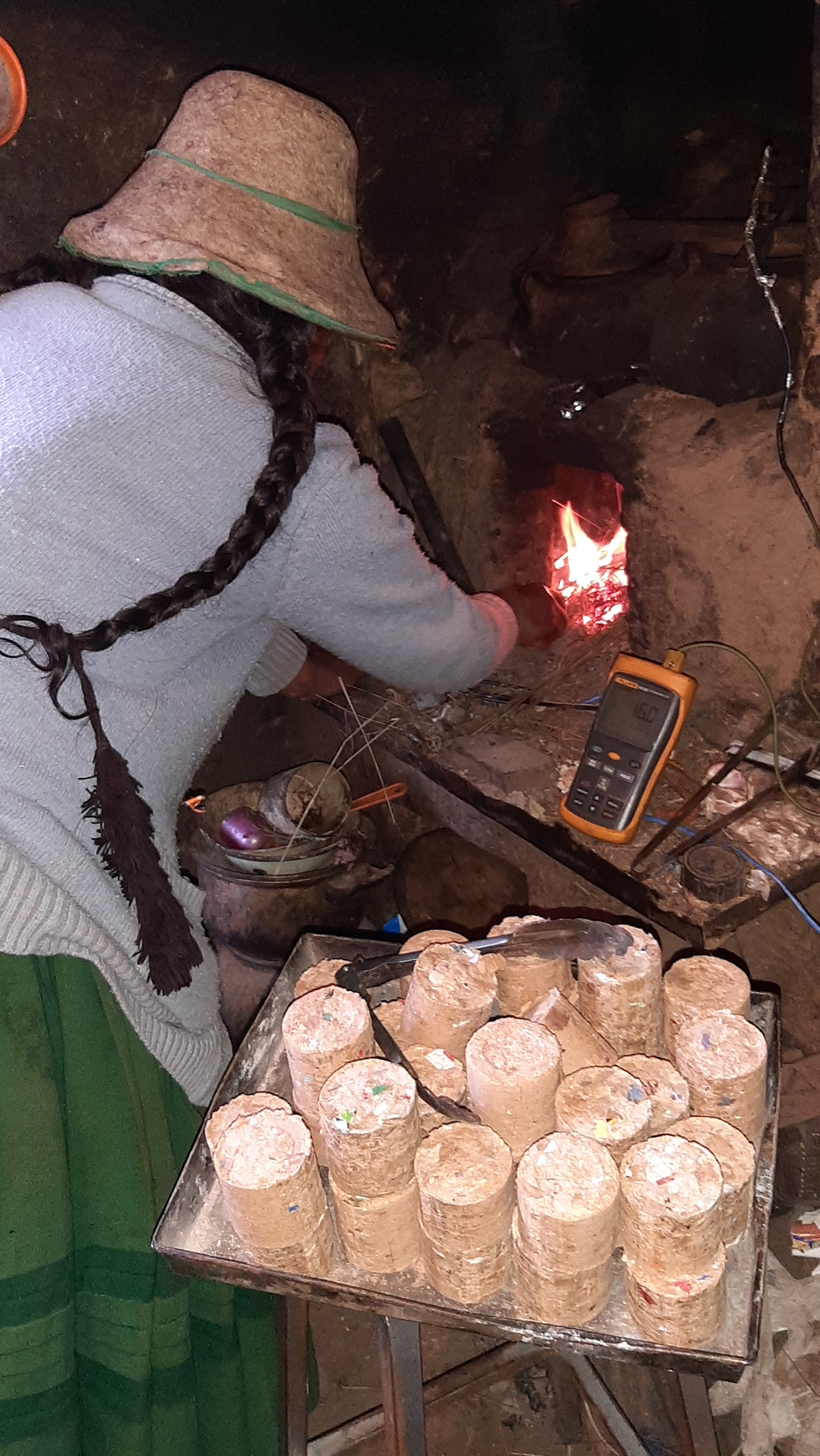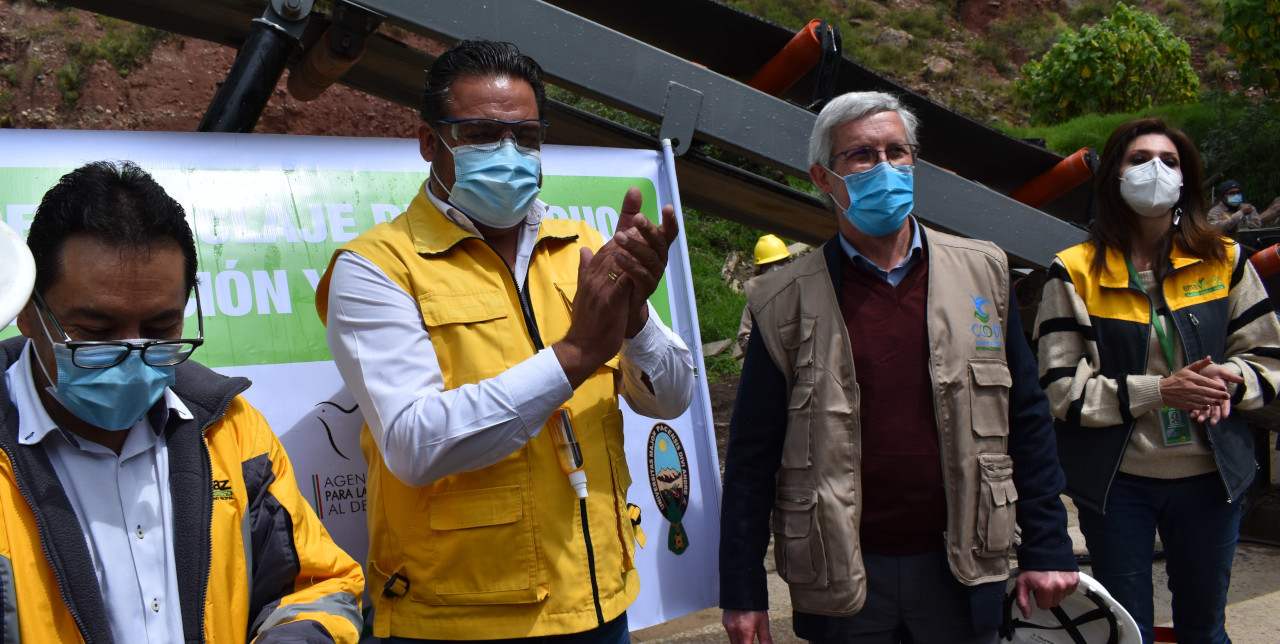04-08-2022 | di COOPI
Bolivia. Obtaining energy from non-recyclable waste
Starting from September 2019, COOPI - Cooperazione Internazionale has implemented in Bolivia the project "LaPazRecicla. Integrated approach to waste management in the Municipality of La Paz, Bolivia. New technologies to promote circular economy", funded by the Italian Agency for Development Cooperation. The project has the ambitious task of studying the quality of waste discarded in differentiated collection in order to quantify its energy potential and thus initiate national policies for the energy recovery of waste.
The project promotes differentiated waste collection in the city of La Paz, where there is also a small sorting plant that receives waste classified by citizens. However, 40% of the waste arriving at the plant cannot be recycled in the country, which is currently not equipped with the innovative technologies to recycle all type of garbage. In addition, Bolivia has not yet explored the energy recovery of non-recyclable waste. So, unfortunately, these are sent directly to the landfill, but it could be a usable resource for energy recovery.
Through the project, extensive research was carried out that led to a study on the use of waste-to-energy technology, the first of its kind in the country. The research also led to the creation of a guideline, which specifies the technical and scientific basis necessary for the use of waste-to-energy fuel and defines the precautions to be taken for proper environmental control. In particular, analyses were carried out to classify waste fuels according to international standards that discriminate their quality and determine their scope of application. This was made possible through collaboration with the Universidad Mayor de San Andrés in La Paz and the Universidad Insubria in Varese, both project partners.

For example, the research has made it possible to define the characteristics of fuels from waste that can be used for cement production, thus favouring the reduction of fossil fuels currently used. In addition, research has investigated the possibility of using cellulosic waste materials, converted into small bricks, for cooking food or heating homes in rural areas where wood or dung is the only source of energy. The possibility of using the bricks in the many artisanal kilns used for the production of artefacts such as bricks, plaster and ceramics, which currently use all kinds of materials, creating real environmental emergencies in certain areas, is also being analysed.

COOPI's action in this context is proving essential: Bolivia is currently facing a crisis caused by the depletion of the methane deposits on which it has based its energy and economic system for years. Laying the foundations for a sustainable and environmentally friendly future is the priority that needs to be reconfirmed on a daily basis.




 Bolivia
Bolivia